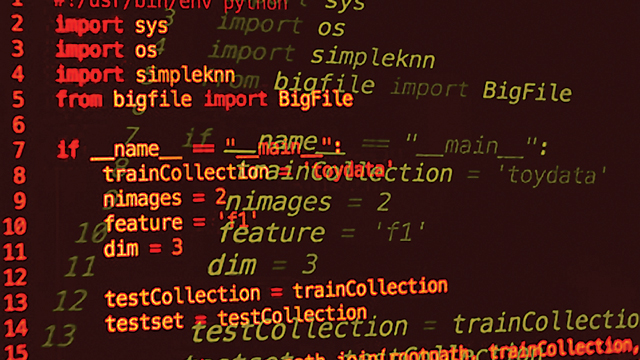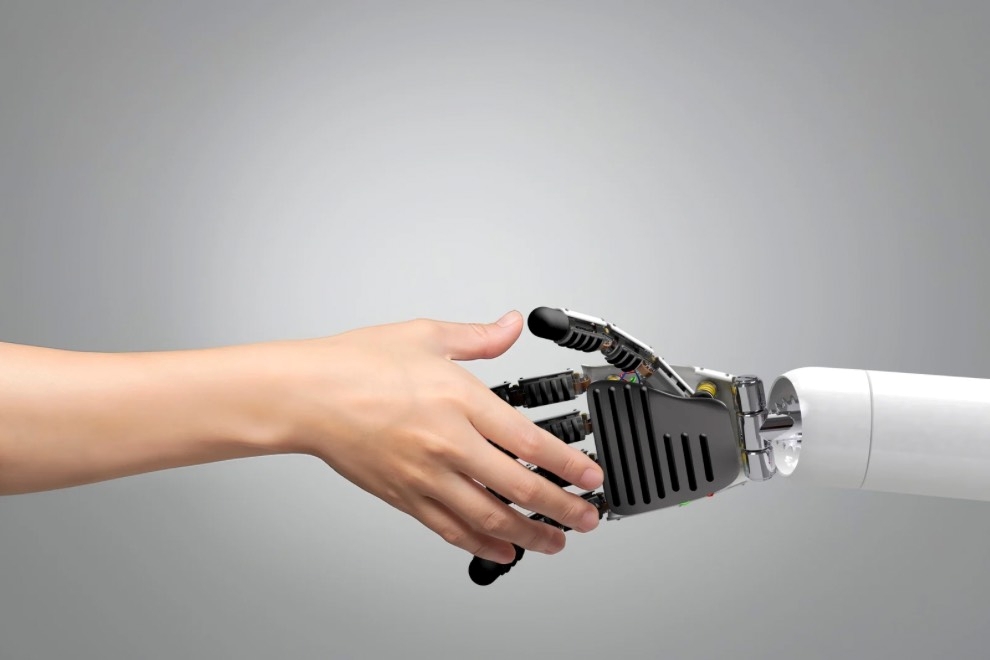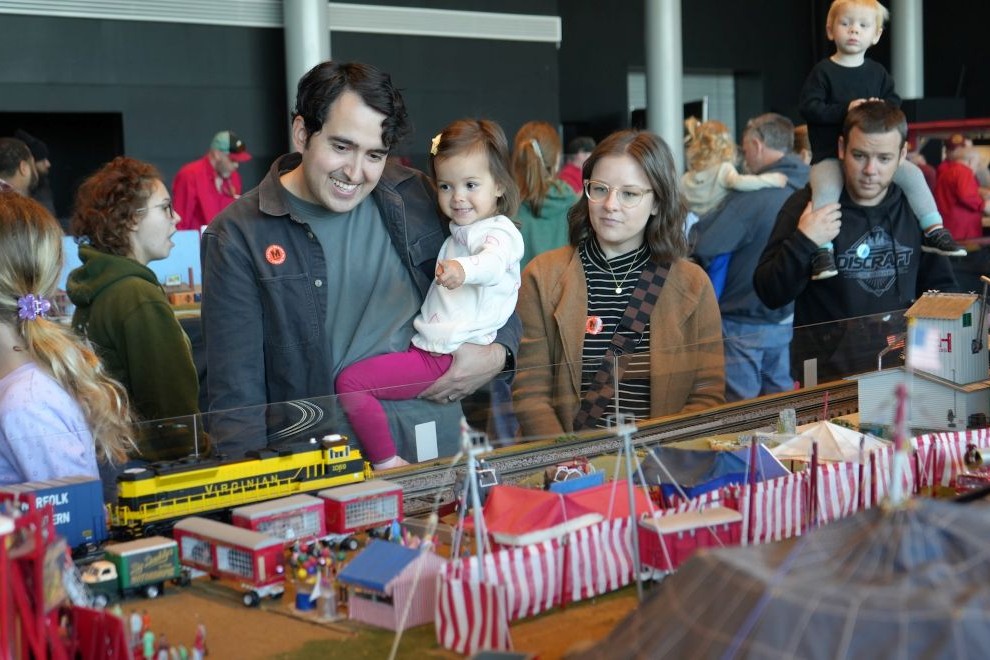In 2016, Virginia made history when it became the first state to mandate computer science education for all students enrolled in public schools (K through twelve). Yes, you read that correctly: Kindergarteners will start learning about computers, code, and computational thinking. Toward the end of 2017, the Computer Science Standards of Learning (SOL) were approved. You can find the SOLs categorized by grade level at the Department of Education’s website. (doe.virginia.gov)
This sweeping education policy change naturally begs the questions:
• What is code, and what’s with all the hype?
• Why is it important?
• What can I do to engage my child in coding?
What is code, anyway?
Simply put, code is a set of instructions given to a computer to tell it what to do. Code can be found anywhere computers are found. Websites and smartphone apps use code to perform the functions we have all come to rely on, but code exists in many places in the real world, too. The ATM machine, a microwave, and an automatic sprinkler system are all examples of other places we find code at work. There are several different coding languages, but once you learn one, you’ll be able to pick up others. Scratch is a great code, or programming language, for beginners. Java, Python, and Ruby are other examples of code.
Why is code important?
As smartphones have become ubiquitous, technology has taken on a bigger role in our lives and careers. Having some sort of technical background will become even more important for the 21st century workforce. That’s not to say that every person should become a programmer, but having a basic technical background will open doors of opportunity in many different fields. Here are some of the other benefits of learning how to code:
• It reverses the relationship you have with technology. When we are consumers of technology, technology can take a hold of us. When we learn how to code, we reverse this relationship and become creators of technology.
• Learning how to code builds your critical thinking skills and helps you become a better problem-solver.
• Coding builds your confidence. When you finish a program, you get a sense of accomplishment and personal satisfaction. It’s very similar to that feeling you get when you check off items on your to-do list.
• Coding teaches you patience and perseverance.
How can I help my child?
The easiest way for you to learn about coding and get involved is to look into code.org and go through a lesson with your children. As a parent, this will give you a basic understanding of what your kids are learning. You might surprise yourself and find that you’re actually pretty good at it yourself.
In Richmond, there are various camps and classes run by both nonprofits (CodeVA, Girls Who Code RVA) and for-profit companies (Tech Em Studios).
Are there local and regional resources for coding?
Code.org is a national nonprofit that launched the Hour of Code initiative to get everyone to try to code for one hour.
In Central Virginia, CodeRVA is a non-traditional, regional public high school that selects eighty-four student applicants from twelve school divisions. It was created in 2017 and is dedicated to preparing students for college and careers in computer science. For more information on this innovative education option, visit coderva.org.
CodeVA is a Virginia-based nonprofit that partners with schools, families, and communities to bring equitable computer science education to all Virginia students. Chris Dovi serves as executive director of CodeVA, and Rebecca Dovi, who has twenty years of experience as a high school computer science teacher, is director of education. CodeVA was being formed at the same time as Code.org and when Code.org saw how much progress had already been made by CodeVA, they decided to use Virginia as its model to grow the organization. CodeVA is now working to train educators in Virginia.
It may take some time, but eventually, kids and families will realize the benefits of having computer science in the K through twelve curriculum. It will help kids immensely in the classroom if we open our eyes to the prevalence of computer science and code in our daily lives.






